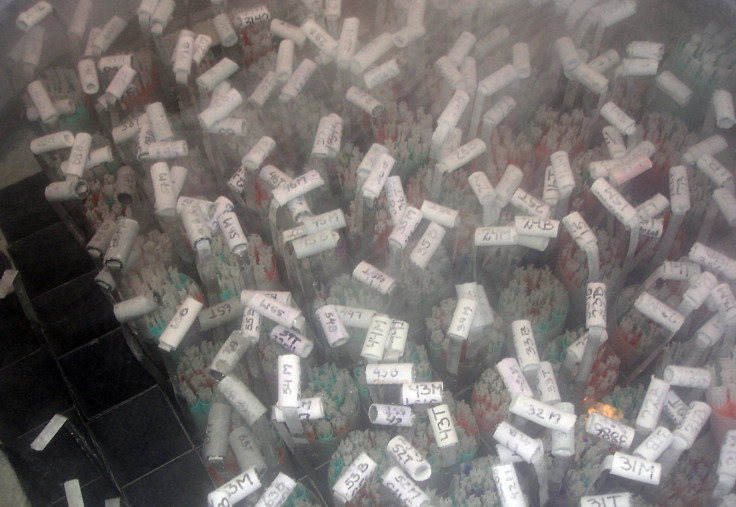Men should freeze sperm at 18 'to prevent autism in children' - bioethicist

Freezing sperm should be "the norm" for 18-year-old men due to the risks associated with becoming a father at an older age, a UK-based bioethicist has stated.
Many British men are opting to put off having children until their peak reproduction years, which are before 30, have passed, intensifying the risk of disorders such as autism.
Speaking to the BBC, Dr Kevin Smith of Abertay University said that state-backed sperm-banking on the NHS should be commonplace in society as more British men are having children later.
In the early 1990s, the average age to become a dad was 31. This has risen to 33 today and is expected to keep climbing.
A report by Smith in the Journal of Medical Ethics claims that small increases in the risk of disease can have a knock-on effect on the future of the nation.
He told the BBC: "I think on a society-wide basis, we do need to worry about it – it is a very real and pronounced effect. It's time we took seriously the issue of paternal age and its effect on the next generation of children."
However, fertility expert professor Adam Balen, chairman of the British Fertility Society, hit back at Smith's notion, claiming that the freezing of sperm and eggs creates a "false" confidence.
He told the BBC: "Not only does it provide a very artificial approach to procreation, but also a false sense of security as the technology does not guarantee a baby.
"I don't think we should be advising all women and men to freeze eggs and sperm for an uncertain future, but support young couples to have work and have children – that may require a societal shift in philosophy."
© Copyright IBTimes 2024. All rights reserved.






